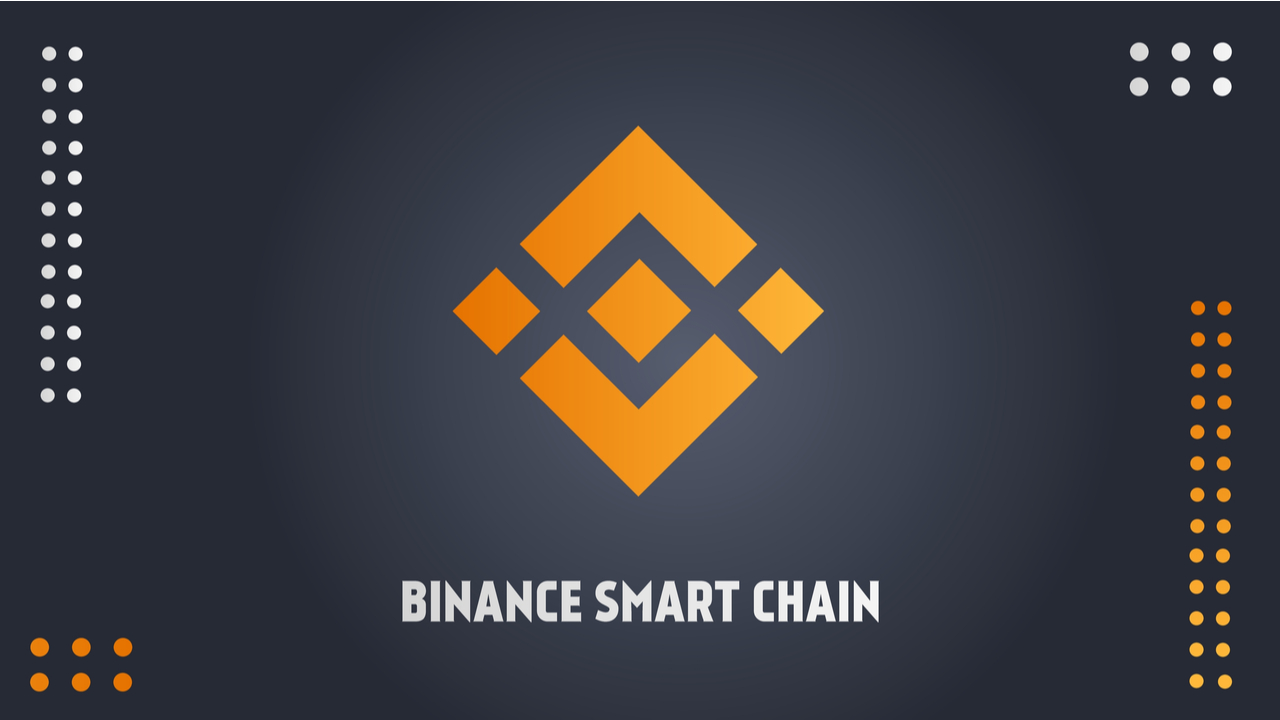
Binance Smart Chain Devs Propose Ethereum-Like Gas Fee Burning Mechanism
Developers of the Binance Smart Chain, the Binance-backed decentralized blockchain platform, have proposed applying a mechanism to burn BNB tokens based on the utilization of the network. According to the proposal, this would benefit both validators and holders due to the increase in value that the token would experience thanks to token burns. The proposal, called Binance Evolution Protocol 95 (or BEP-95), bears a striking resemblance to EIP-1559, an already implemented Ethereum proposal that also burns fees. Binance Smart Chain Could Burn Gas Fees Binance Smart Chain, the....
Related News
The new BEP might decrease the total amount of BNB that validators and delegators obtain from staking. Amid the ongoing rally of Binance’s native token, Binance Coin (BNB), the developers of Binance Smart Chain (BSC) have proposed more measures to maintain the token’s deflationary model and improve its intrinsic value.According to a new Binance Evolution Protocol, BEP-95, BSC developers are considering introducing a real-time burning mechanism for a portion of gas fees to reduce BNB supply and drive BNB value higher by increasing the demand. According to the BEP, BNB holders will decide....
BNB tokens will now be burned automatically based on a formula that includes blocks generated and BNB’s price. Binance officially announced the implementation of a new Binance Coin (BNB) Auto-Burn protocol to replace its current quarterly burn mechanism. In response to the requests of the BNB community, Binance changed its quarterly burning protocol for BNB tokens. According to Binance, this will provide more “transparency and predictability” to its community. With this, BNB will be burned automatically based on a formula consisting of on-chain data of total blocks generated and the....
The Terra Classic LUNC has been putting more effort into resuscitation its new position in the crypto space. Unfortunately, the algorithmic stablecoin Terra and LUNA collapse in May caused a massive loss in the industry. The crisis intensified the crypto winter of the year, leading to the loss of billions of dollars. However, the new Terra ecosystem is gradually building against its previous loss. One of its distinctive approaches is the protocol’s burning mechanism. This action brought about the 1.2% tax burn for on-chain LUNC transactions, as proposed by one of the Terra community....
Based on the price of BNB and the number of blocks generated on BSC during the quarter, the BNB auto-burn mechanism automatically modifies the amount of BNB to be burned. BNB and its role in the blockchain ecosystemBinance Coin (BNB) is the Binance ecosystem’s native cryptocurrency. Launched in 2017, BNB was originally presented as an ERC-20 token on the Ethereum blockchain with a total supply of 200 million. In 2019, Binance started its mainnet swap and migrated all BNB tokens to BNB Chain.Related: A beginner’s guide to the BNB Chain: The evolution of the Binance Smart ChainBNB Chain is....
Two Ethereum-native DeFi protocols are headed to Binance Smart Chain, but critics doubt the layer-1 has staying power Today, yield aggregator Harvest Finance and multi-service platform Value DeFi — two Ethereum-native decentralized finance (DeFi) protocols accounting for nearly a billion dollars in total value locked between them — announced planned expansions to Binance Smart Chain, the smart contract platform built by crypto exchange giant Binance.Not everyone in the Ethereum community is ready to take BSC seriously, however. Harvest, which is among the largest yield aggregators and....





